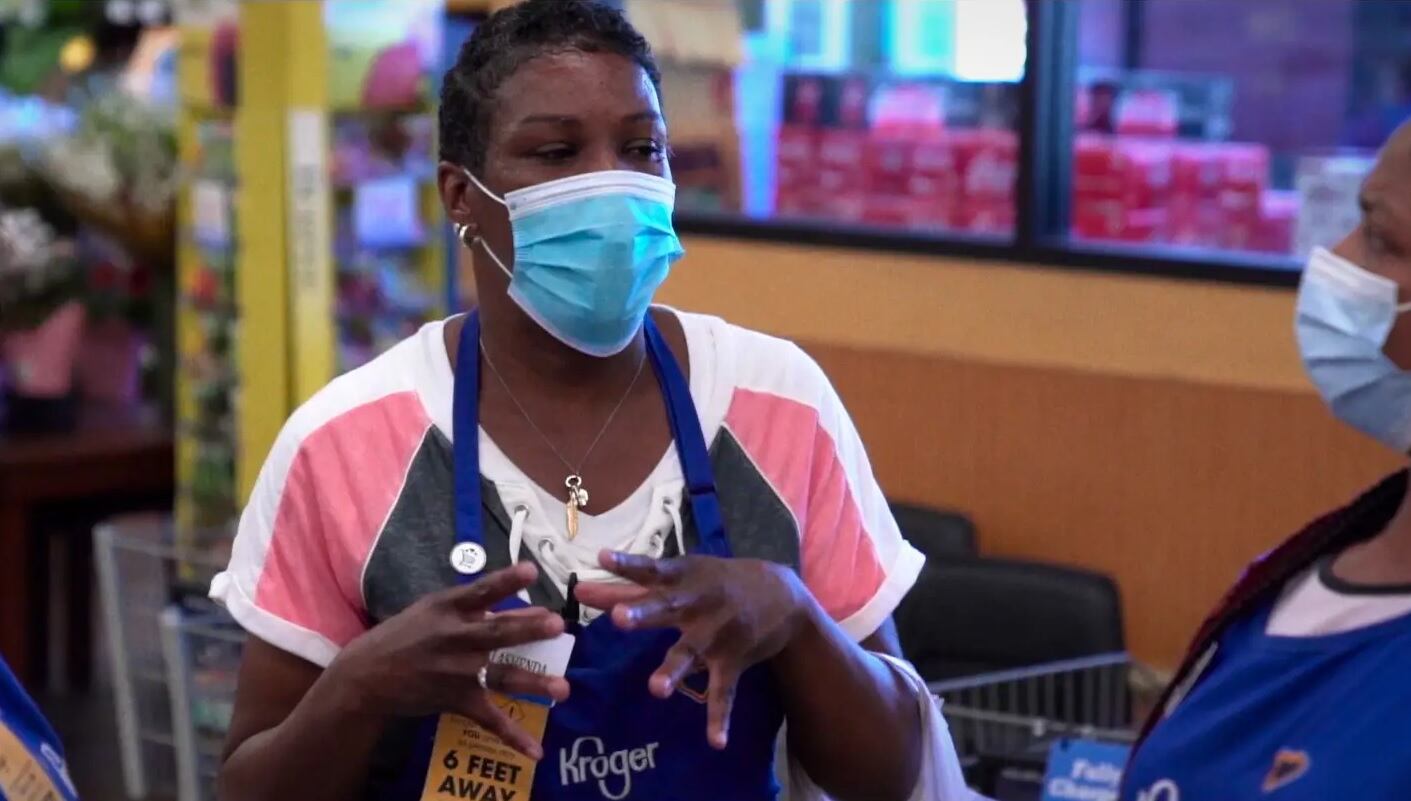Kroger announced it would close a Ralph's and a Food 4 Less in Long Beach, Calif., April 17 after the Long Beach City Council voted unanimously Jan. 19 to require grocery stores with more than 300 workers nationally and more than 15 per store in the city to pay local employees an additional $4 per hour.
Nominally the ordinance will expire after 120 days, if not before, but the city also could extend it – making it difficult for retailers to predict the full financial impact of the law.
This ambiguity likely contributed to Kroger’s decision to close what it categorized in a statement as two “long-struggling store locations.”
A loophole in the ordinance also places traditional grocery retailers, like Kroger, at a disadvantaged compared to some big box stores, like Target and Walmart, which have done brisk food sales since the pandemic began but which generate the bulk of their business from other goods.
“This misguided action by the Long Beach City Council oversteps the traditional bargaining process and applies to some, but not all, grocery workers in the city,” Kroger complained in statement.
“The irreparable harm that will come to employees and local citizens as a direct result of the City of Long Beach’s attempt to pick winners and losers is deeply unfortunate. We are truly saddened that our associates and customers will ultimately be the real victims of the city council’s actions,” the retailer added in the statement.
The city’s mayor Robert Garcia hit back in interviews and on Twitter Feb. 3 saying, “I don’t think any of us can look a grocery worker in the eye and tell them they don’t deserve a few extra bucks during this pandemic.”
He later urged other cities to follow Long Beach’s lead. On Tuesday, Oakland City Council and Los Angeles City Council did just that – voting unanimously to mandate temporary $5-per-hour hazard pay increases for some grocery workers. Several other cities in California and Seattle are considering similar measures.
Is hazard pay a ‘moral imperative’
While Kroger complained that the hazard pay ordinances unfairly target some retailers, analysis by the Brookings Institute suggests the mandates target players that have most benefited during the pandemic, while giving leeway to small businesses and those that already support employees with continuous hazard pay.
In a recent report reviewing pandemic profits and pay at 13 of the largest retail and grocery companies in the US, Brookings found “many of the top companies earned billions of dollars during (and largely because of) the pandemic, but have shared little of their windfall with frontline workers.”
For instance, it noted, Kroger doubled its profits and spent nearly $1b in 2020 buying back stock, but ended its $2 per hour “hero pay” to employees in mid-May.
Some retailers, however, stood out for supporting employees, including Target, which permanently raised it starting wage to $15 per hour and offered periodic bonuses, and Costco, which has committed to paying $2 per hour hazard pay through March on top of its $15 minimum wage, Brookings notes.
Brookings argues that large companies that do not already provide hazard pay to employees have the means – “and the moral imperative” – to do so.
However, whether they have the legal obligation to do so could still be up in the air. Yes, the ordinances mandate hazard pay, but those ordinance now face legal challenges, including from the California Grocers Association, which has filed lawsuits against Long Beach City, Oakland and Montebello.
Whether or not the legal mandates stand, the publicity around the debate could prompt consumers, who increasingly prioritize worker welfare and social responsibility, to pressure grocers to comply, which in turn could cause retail chains to make tough decisions akin to Kroger.




